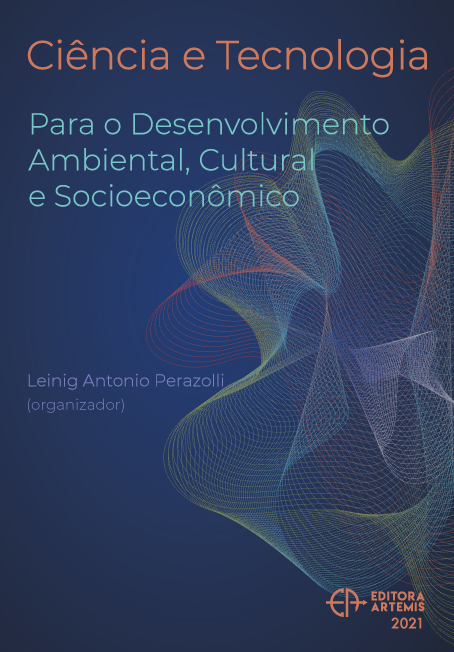
ESTUDIOS QUÍMICOS REALIZADOS A LA SEMILLA DE MORINGA OLEIFERA LAM Y SU IMPACTO EN LA SALUD HUMANA: UNA REVISIÓN TEÓRICA
El propósito de esta investigación fue indagar los estudios químicos realizados a la semilla de Moringa oleífera Lam analizando su impacto en la salud humana. Esta investigación tuvo un enfoque cualitativo de tipo descriptivo con diseño documental fundamentada en autores como Giuberti et al., (2021); Alí et al., (2021); Kapse & Samadder, (2021); Batista et al., (2021); Gharsallah et al., (2021); Ogusku et al., (2021); Xiong et al., (2021); Kwabena et al., (2020); Gu, Yang & Wang, (2020); Mosquera, Criado & Guerra (2019). Se encontró que las semillas de Moringa poseen actividades biológicas como antipirética, antituberculosa, antitumoral, hepatoprotector, controla enfermedades del sistema genitourinario, entre otras. Las semillas también contienen alto porcentaje de proteínas, grasa, fibra, minerales como calcio, hierro, magnesio, manganeso, fosforo, potasio, sodio, zinc, vitaminas A, B1, B2, B3, B5, B6, B9, C, aminoácidos y fenoles, estas moléculas le confieren gran importancia para el buen funcionamiento del organismo. El aceite de moringa es rico en ácidos grasos insaturados resaltando el oleico (ω-9) con un 65%, además contiene polifenoles y tocoferoles con excelente capacidad antioxidante, incrementa las defensas, pero es hipoglucemiante. Acorde a estos resultados se concluye que la semilla y el aceite de Moringa poseen alto valor nutricional, alimenticio y farmacológico que beneficia la salud humana, por lo que se recomienda su aprovechamiento en las industrias antes mencionadas.
ESTUDIOS QUÍMICOS REALIZADOS A LA SEMILLA DE MORINGA OLEIFERA LAM Y SU IMPACTO EN LA SALUD HUMANA: UNA REVISIÓN TEÓRICA
-
DOI: 10.37572/EdArt_20122152111
-
Palavras-chave: Moringa oleífera Lam, Semillas, Aceite, Composición proximal, Aplicaciones.
-
Keywords: Moringa oleífera Lam, Semillas, Aceite, Composición proximal, Aplicaciones.
-
Abstract:
The purpose of this research was to investigate the chemical studies carried out on the Moringa oleifera Lam seed, analyzing its impact on human health. This research had a qualitative, descriptive approach with a documentary design based on authors such as Giuberti et al., (2021); Ali et al., (2021); Kapse & Samadder, (2021); Batista et al., (2021); Gharsallah et al., (2021); Ogusku et al., (2021); Xiong et al., (2021); Kwabena et al., (2020); Gu, Yang & Wang, (2020); Mosquera, Criado & Guerra (2019). Moringa seeds were found to possess biological activities such as antipyretic, antituberculous, antitumor, hepatoprotective, controls diseases of the genitourinary system, among others. The seeds also contain a high percentage of protein, fat, fiber, minerals such as calcium, iron, magnesium, manganese, phosphorus, potassium, sodium, zinc, vitamins A, B1, B2, B3, B5, B6, B9, C, amino acids and phenols, these molecules confer great importance for the proper functioning of the body. Moringa oil is rich in unsaturated fatty acids highlighting oleic (ω-9) with 65%, it also contains polyphenols and tocopherols with excellent antioxidant capacity, increases defenses, but is hypoglycemic. According to these results, it is concluded that the Moringa seed and oil have high nutritional, nutritional and pharmacological value that benefits human health, so its use in the aforementioned industries is recommended.
-
Número de páginas: 15
- Jennifer Lafont Mendoza
- William Negrete Humanez
- Amelia Espitia Arrieta

